Since 1995, Filmform has presented an annual award to video artists and filmmakers. The prize goes to a practitioner who has distinguished themselves in the domain of experimental film and video art. In Sweden, this is the only award of its kind.
List of former holders of the award below.
2023 – Jonelle Twum & Carl Johan De Geer
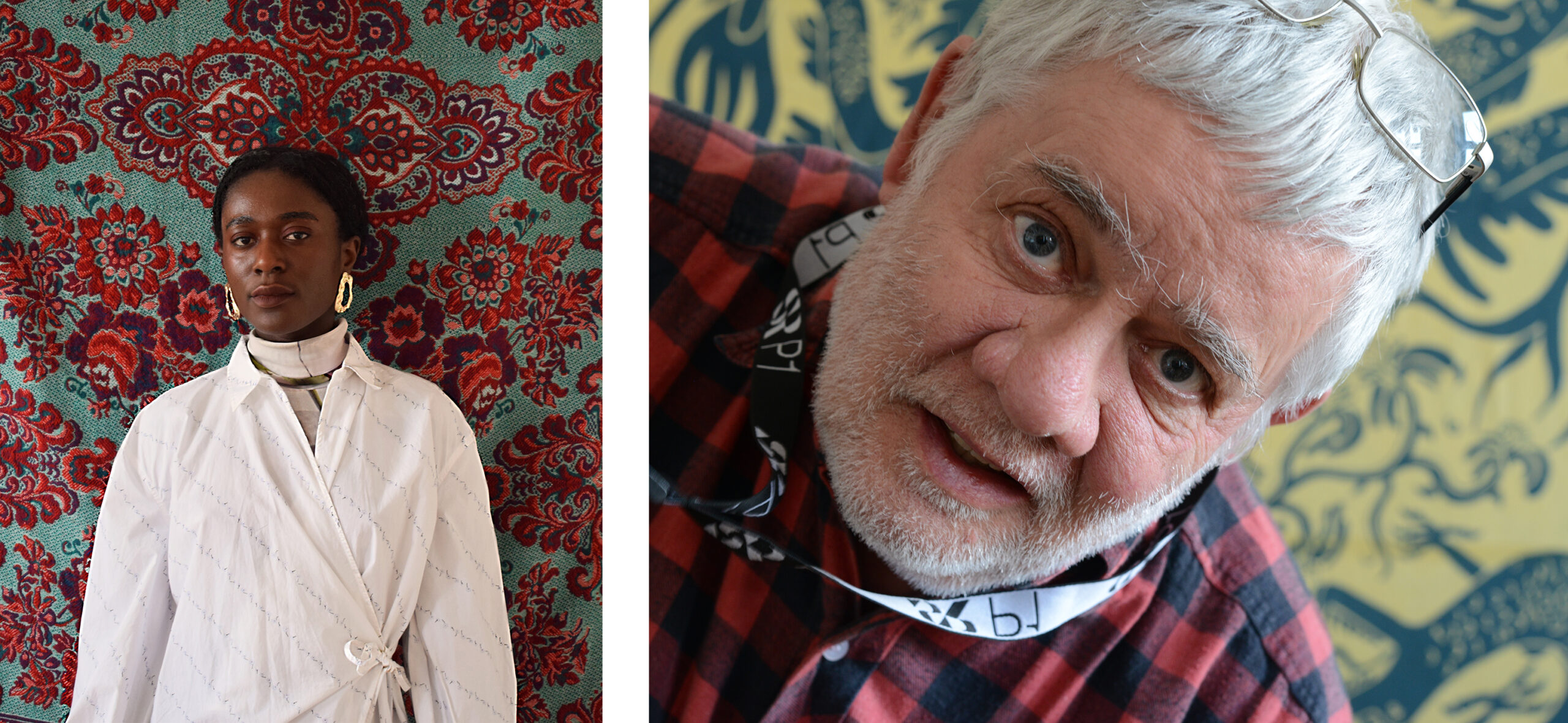
Foto: Corrado Di Lorenzo / Carl Johan De Geer
Prismotiveringarna lyder:
“Filmformpriset 2023 tilldelas de två filmskaparna Jonelle Twum och Carl Johan De Geer. Det rör sig om två filmare som befinner sig i vitt skilda skeden i sina respektive konstnärskap: Jonelle är i begynnelsen av en skapande verksamhet; hon har visserligen gjort avtryck på många områden – inte minst genom sitt arbete med Black Archives Sweden – men de egna filmerna är ännu inte så många, medan Carl Johan – fortfarande aktiv i skilda konstnärliga sfärer – kan blicka tillbaka på en lång produktion av filmer och TV-serier. Det finns många skillnader mellan deras konstnärliga profiler men också en del likheter: de är båda intresserade av att genom filmen ge ett nytt perspektiv på det invanda, att tvinga oss att se världen på nytt. Mer specifikt är de också sysselsatta med att se det enskilda livsödet som ett prisma för samhälleliga förhållanden där ojämlikhet och klyftor inte visar någon nåd.
Jonelle Twum tilldelas Filmformpriset 2023 för ett arbete som lyfter erfarenheter och vittnesbörder som sällan får avtryck i svensk film. I fragmentariska, förtätade filmer görs bilden av vår tid samtidigt rikare, mörkare och helare utan att göra avkall på subjektets integritet, framför eller bakom kameran. Twum visar med sina verk på en stark vision där komplexa bilder av den svarta kvinnan i Europa växer fram. Med utgångspunkt i drömmar om migration vävs filmernas intima och poetiska porträtt samman med större berättelser om hemhörighet, arbete och vänskap. Jonelle Twums arbete investerar i tysta och osynliga narrativ kring kvinnors erfarenheter som ger oss ny tillgång till skärvor av deras verklighet.
Carl Johan De Geer tilldelas Filmformpriset 2023 för en lång och alltid oförutsägbar gärning inom snart sagt alla konstnärliga områden, men där kärleken till filmen hela tiden ljuder som en djup orgelton. Ensam och tillsammans med andra filmare har han skapat ett originellt och sprudlande kreativt formspråk och återkommande kommenterat filmens möjligheter och omöjligheter. I en av sina romaner, Kyss mej dödligt, låter han en av sina egenartade karaktärer formulera den enda universella lagen: Det som fungerar blir kvar, det andra försvinner. Carl Johan får Filmformpriset för det som blir kvar medan mycket annat har försvunnit.”
– Filmforms styrelse: består av Lars Gustaf Andersson (ordförande), Lena Essling, Hanna Ljungh, Giorgiana Zacchia och Åsa Anesäter.
2022 – Staffan Lamm & Jyoti Mistry
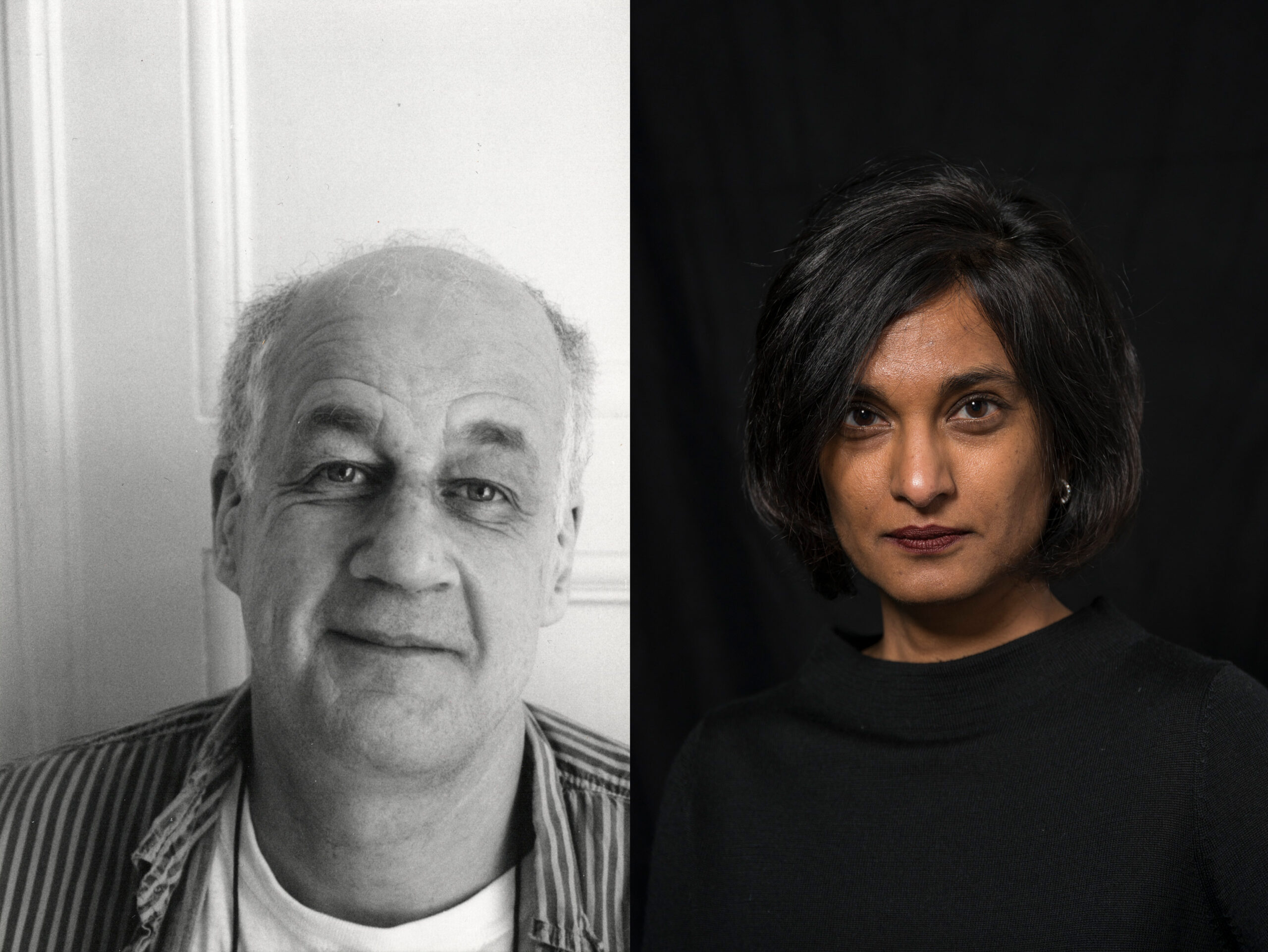
Staffan Lamm & Jyoti Mistry. Photo: Ingela Håkansson Lamm / Heinrich Voelkel
Filmformpriset 2022 tilldelas filmskaparna Staffan Lamm och Jyoti Mistry. Två skilda konstnärskap som delar en stark övertygelse om filmens potential som verktyg för att både nå ny kunskap och samtidigt utmana dominerande historiska, sociala och politiska narrativ. I Mistrys och Lamms filmvärldar utforskas subjektiviteten och fantasin som frigörande kraft bortom kategoriseringar, utifrån en tro på filmen som ett språk med sin egen grammatik.
Prismotiveringen lyder:
”Dubbelpristagarna Staffan Lamm och Jyoti Mistry förenas av sitt intresse för arkivet i vid bemärkelse; deras filmer är ofta utforskningar av det förflutna med hjälp av de minnesbankar som våra filmarkiv liksom andra dokumentsamlingar utgör. De utnyttjar båda arkivet för forskningsarbeten, upptäcktsfärder till det förflutna och till mycket specifika sfärer som står i relation till deras eget sökande efter identitet; den lilla historien står alltid i ett spänningsförhållande till den stora historien.
Det må handla om det svenska folkhemmets hantering av de utanförstående som i Lamms fall, eller om apartheidsystemets och könssegregationens konsekvenser som hos Mistry. Från skilda positioner vad gäller geografi, generation, etnicitet och konstnärlig praktik kommer de två pristagarna till en komplexitet i uttrycket och en problematisering av historieskrivningen där deras verk försätts i dialog med varandra.”
– Filmforms styrelse: Lars Gustaf Andersson (ordförande), Katarina Renman Claesson, Lena Essling, Hanna Ljungh och Giorgiana Zachia.
2021 – Annika Eriksson
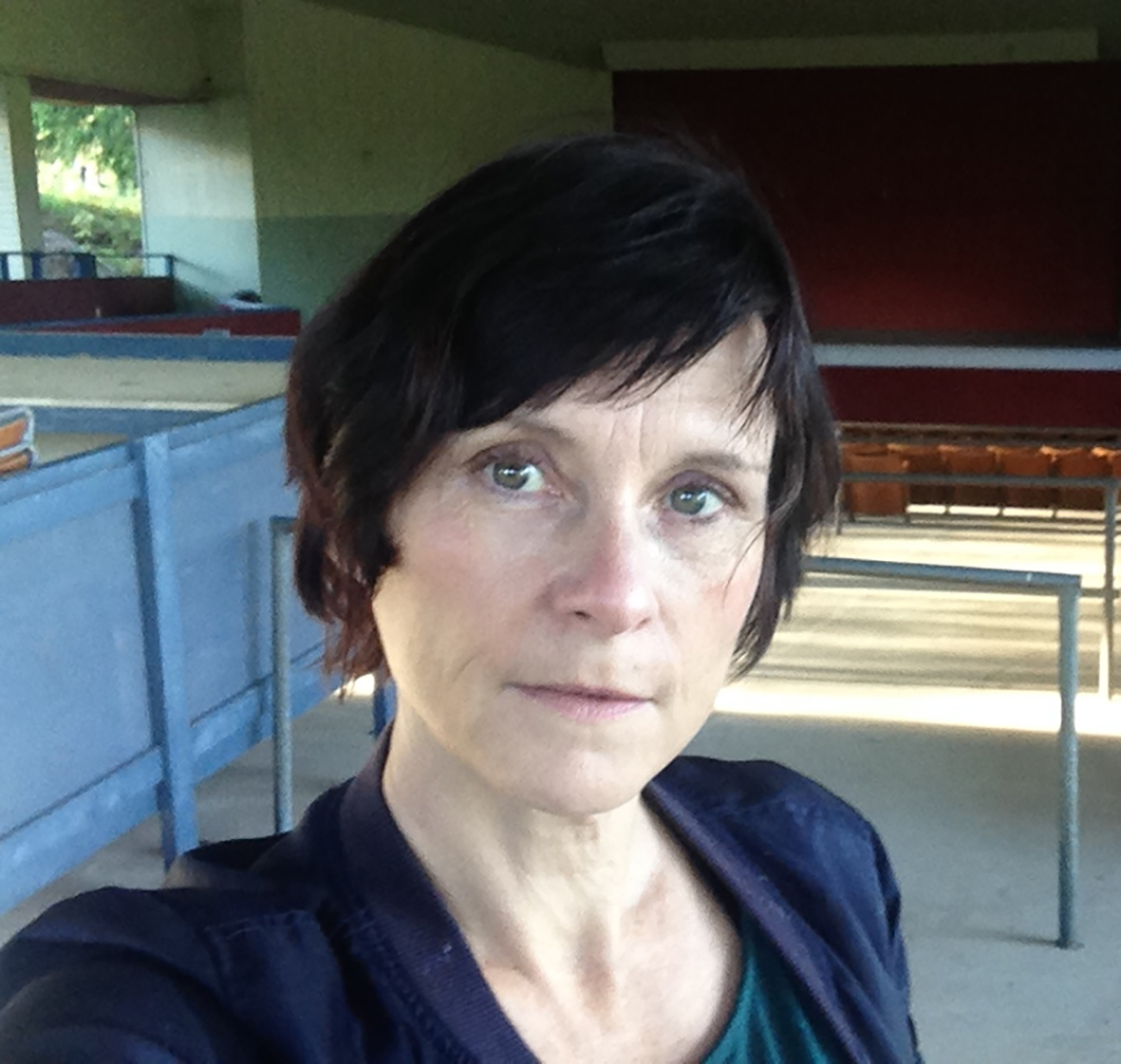
Annika Eriksson
The Filmform Award 2021 is given to Annika Eriksson in recognition of her survey of social transformations through video works in which the unpredictable is given free rein.
Annika Eriksson is born in Malmö 1956 and lives in Berlin since 2002. She studied at the Forum Academy of Fine Arts during the late 1980s. At the centre of her artistic practice is an interest in social interaction: how do we live together, what kind of societies do we create, and what happens in the margins or in the transition from one social order to another? In her work, the social has always involved a key emphasis on the slippages between the individual and the collective – with a return to questions of interaction and exchange, circular forms of communication, self-abnegation, and empathy. Her project also explores the relations between humans and animals; of our interdependence, slippages, and connection, but also registers of violation, and the animal as a distinctively human projection surface. She has been exhibiting since the early 90s in various biennales and institutions, including biennales in Istanbul, Venice, Sao Paolo, Shanghai, and Vienna; in institutions such as Bonner Kunstverein, Tate Liverpool, Hamburger Bahnhof, Berlin, Hayward Gallery, London and Moderna Museet, Stockholm and Malmö.
The Board of Filmform Foundation as of 2021: Lars Gustaf Andersson (chair), Katarina Renman Claesson, Hanna Ljungh and Lena Essling.
2020 – Loulou Cherinet
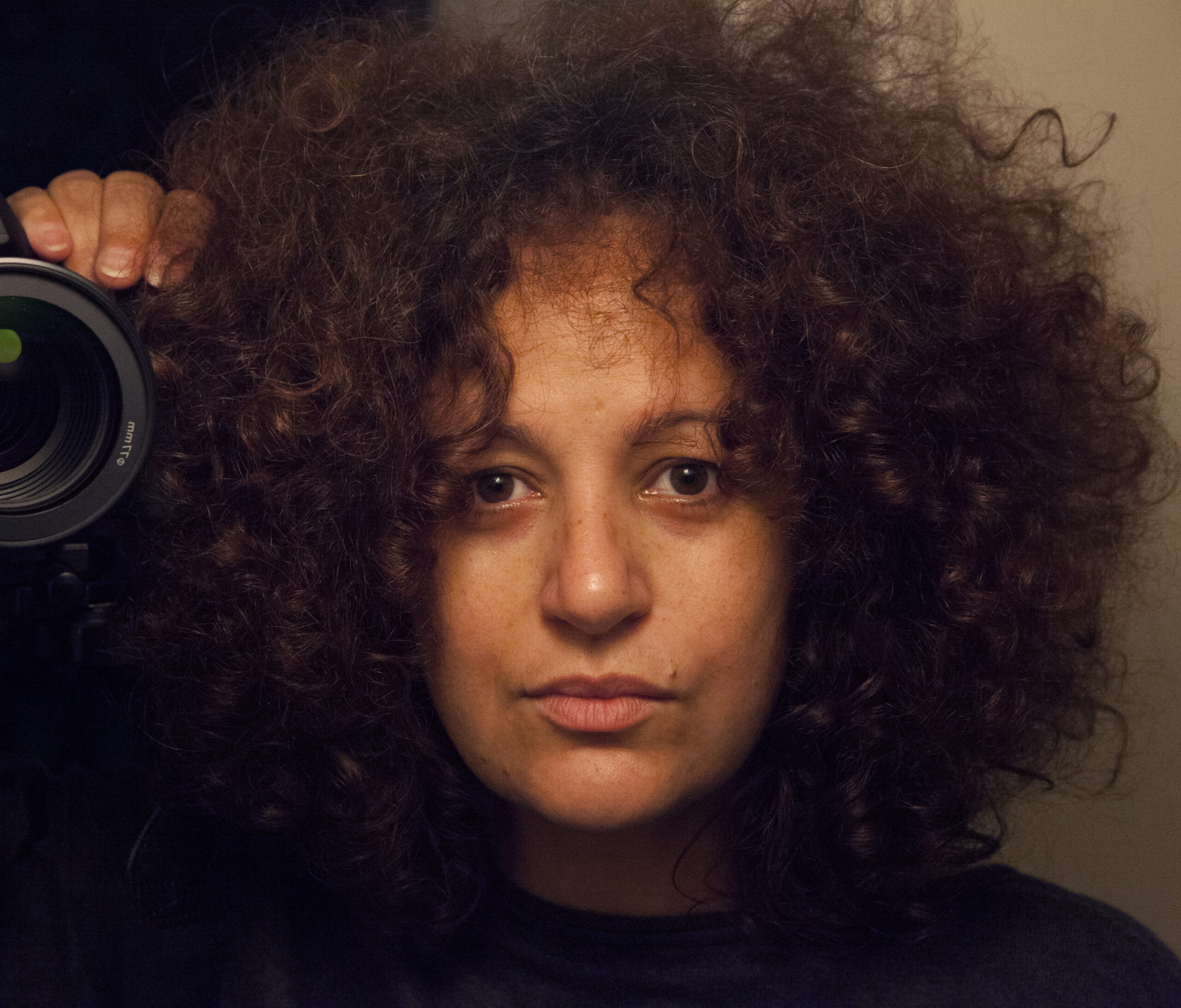
Loulou Cherinet
The Filmform Award 2020 is given to Loulou Cherinet for her long and comprehensive practice in the field of moving images – constantly oscillating between the immediacy of documentary and the artifice of the staged scene. Cherinet’s work often examines how political views can be materialized through the human body. How the language, as it is constructed through politics and the media, shape our contemplation and self-conception in relation to ideas of us and them – inside and outside.
Loulou Cherinet was born 1970 in Gothenburg. After Cherinet’s education at Addis Ababa University School of Fine Art & Design and longer stays in Washington DC and Jakarta she ultimately finished her studies at Kungl. Konsthögskolan in the beginning of the 21st century. Since then, Cherinet has worked with prominent interdisciplinary projects and collaborations around the world. In addition to her own artistry, Loulou Cherinet works as a professor at Konstfack.
Identity and power in relation to different forms of historical and social course of events are subjects that are recurring in Cherinet’s works. Through film-based works that often are presented in physical spaces Cherinet examines the Eurocentric spectator’s position as well as official languages’ alienating ability as a political tool, themes that are evident in her breakthrough work in White Women (2002) as well as Statecraft (2017).
The board of Filmform Foundation: Björn Norberg (chair), Katarina Renman Claesson, Hanna Ljungh, Lena Essling and Lars Gustaf Andersson.
2019 – Katarina Löfström
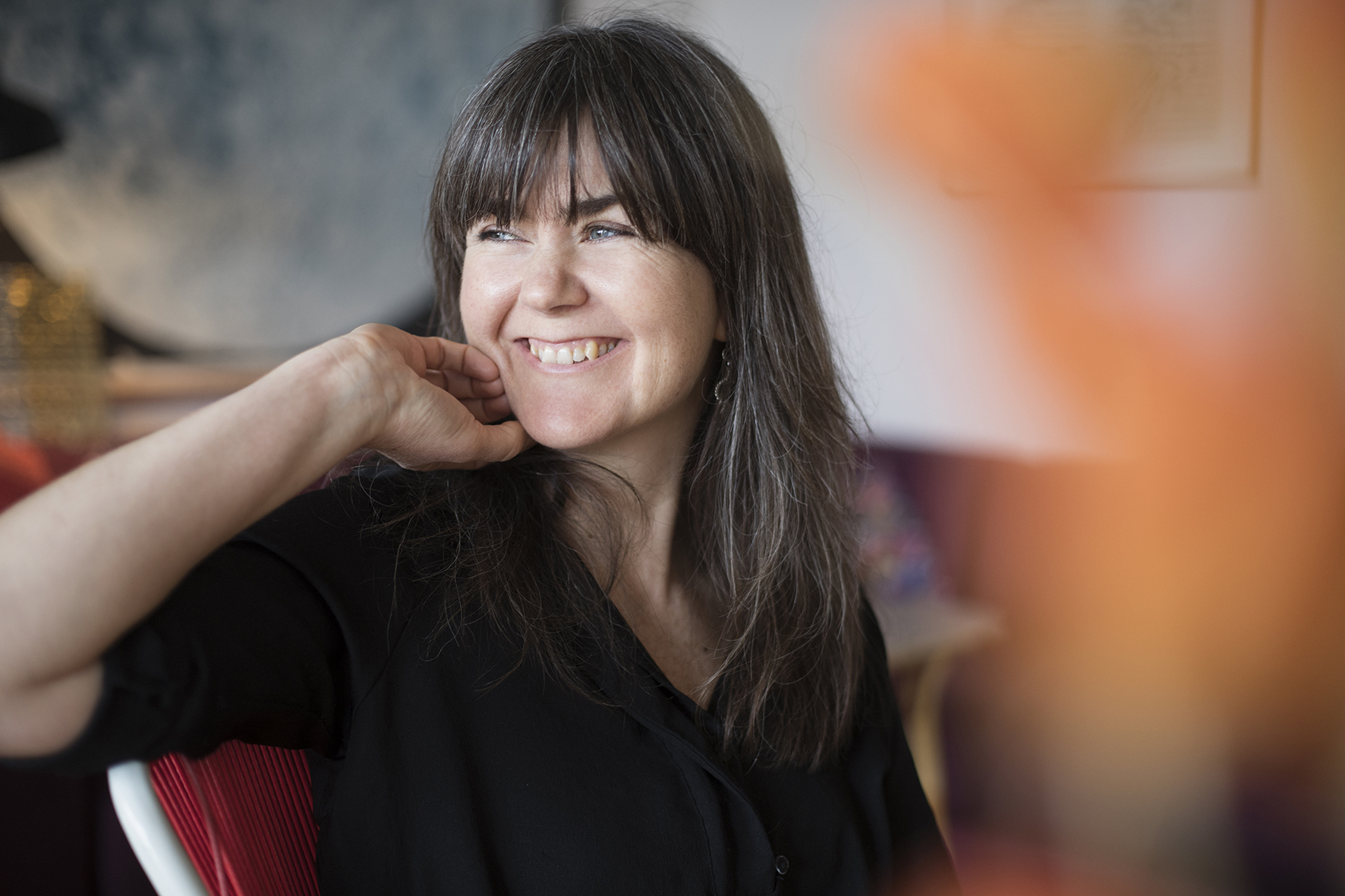
Katarina Löfström
The Filmform Award 2019 goes to the artist Katarina Löfström, whose audio-visual collages consistently stretch the bounds of perception. Through seeing the potential in the limitations of video technology and the usage of its distortions, Löfström distils her motives down into their finest components.
Katarina Löfström was born in 1970 and grew up in Falun. It was during studies at Konstfack in the late 1990s that the interest in video technology was developed. After several years of working on commercials and assisting Jonas Åkerlund with music videos for amongst others The Prodigy, Madonna, and Moby, Löfström decided to return to her own artistic practice in the early 00s. International attention would follow with the animated works Hang Ten Sunset, Whiteout and Score.
Significant for Katarina Löfström’s work is its minimalist character in the tension between reality and abstraction. Regardless of whether the image depicts outer space, the raster filter of the Hubble telescope, or light cones of a funfair at night, Löfström’s video works simultaneously investigate the strong faith in and the inability of the photo optic to produce knowledge of the world around us. Without clear beginnings or ends, Katarina Löfström’s animations move on into infinity.
The board of Filmform Foundation as of 2018: Annika Wik (chair), Jan Holmberg, Björn Norberg, Katarina Renman Claesson, Lena Essling and Hanna Ljungh.
2018 — Eric M Nilsson
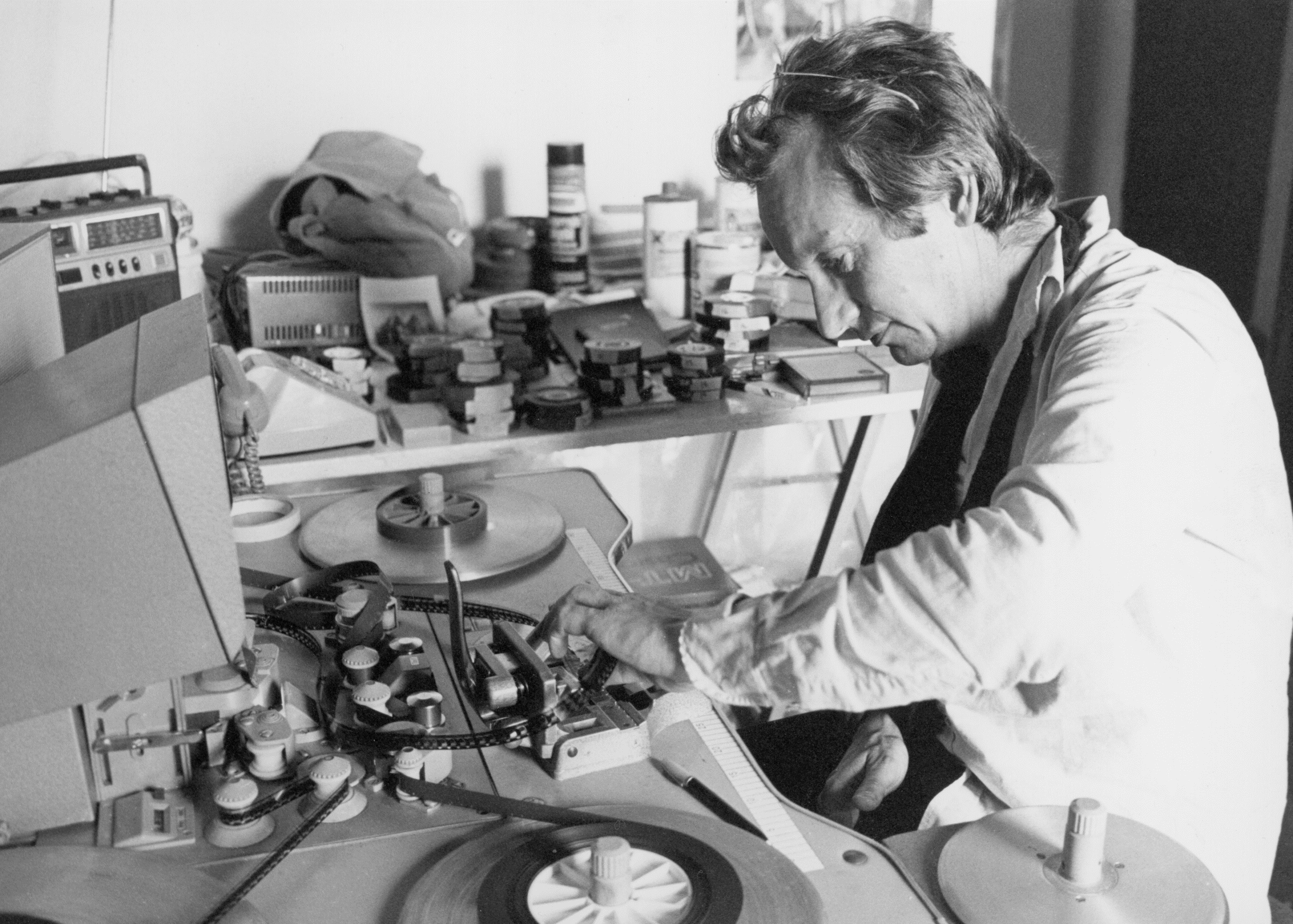
Eric M Nilsson
The Filmform Award 2018 goes to filmmaker Eric M Nilsson for his significant contribution to the area of experimental film.
Eric Michel Nilsson, born in Belgium in 1935, was educated in directing at the reputable film school IDHEC in Paris. In the early 1960s, he came to be a part of the then newly started department of documentary film at SVT. It was in television that Eric M Nilsson had the opportunity to develop his associative pictorial storytelling. A variety and mix of genres are unmistakable in Nilsson’s work: essay films as Anonym and Åtgärdas alongside documentaries such as Djurgårdsfärjan, and experimentations in form such as Passageraren, Brutal, and Ormgard. The common denominator is mistrust in language and an interest in the creation of meaning in the relations between words and images. In the films of Eric M Nilsson there is consistently a playful approach, and at the same time, a critic of the medium’s illusory qualities and its ability to trick its viewers.
The board of Filmform Foundation as of 2018: Annika Wik, Jan Holmberg, Björn Norberg, Karolina Pahlén, Katarina Renman Claesson, Lina Selander.
Read Patrik Sjöbergs article (in Swedish) on Eric M Nilsson legacy here.
2015 — Claes Söderquist
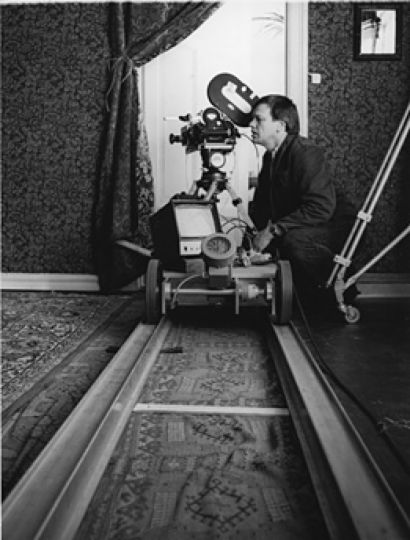
Claes Söderquist
The Filmform Award 2015 is given to Claes Söderquist in recognition of his tireless exploration of experimental art and film, in Sweden and internationally, guided by an unerring attention to detail and informed by a ceaseless passion for discovery. This has been achieved by force of his own brilliant oeuvre and by unselfishly and loyally creating possibilities for others.
The Honorary Award was presented at Index in Stockholm on the 15th of October 2015 in connection to the release of the new issue of the OEI magazine with a focus on experimental film.
The Board of Filmform Foundation as of 2015: Lena From (chair), Gunnel Pettersson, Jan Widlund, Karolina Pahlén, Göran Konstenius, Lina Selander och Björn Norberg.
About Claes Söderquist
Born in 1939. Studied painting at the Royal Institute of Art in Stockholm. Works as a curator and filmmaker. Lives in Stockholm. Chairman of Filmform’s board 1999-2012. Söderquist has curated several comprehensive exhibitions at Moderna Museet in Stockholm: “The Pleasure Dome”, American Experimental Film 1939-1979 (1980 in collaboration with Jonas Mekas), Nordic Film (1983), West German Experimental Film (1985 in collaboration with Birgit Hein) and Swedish Avantgarde Film 1924-1990 (tour in the US in collaboration with Jonas Mekas and Anthology Film Archives in New York). Söderquist has also exhibited his own films and video works at the Center of Contemporary Art in Kristianstad (2014) and a solo exhibition of his work was presented at the Royal Academy of Fine Arts (Stockholm 2013). His films have been screened at Avant (Karlstad 2006), Moderna Museet (Stockholm 2012) and Turbidus Film (Stockholm 2014).
2010 — Maja Borg & Christine Ödlund
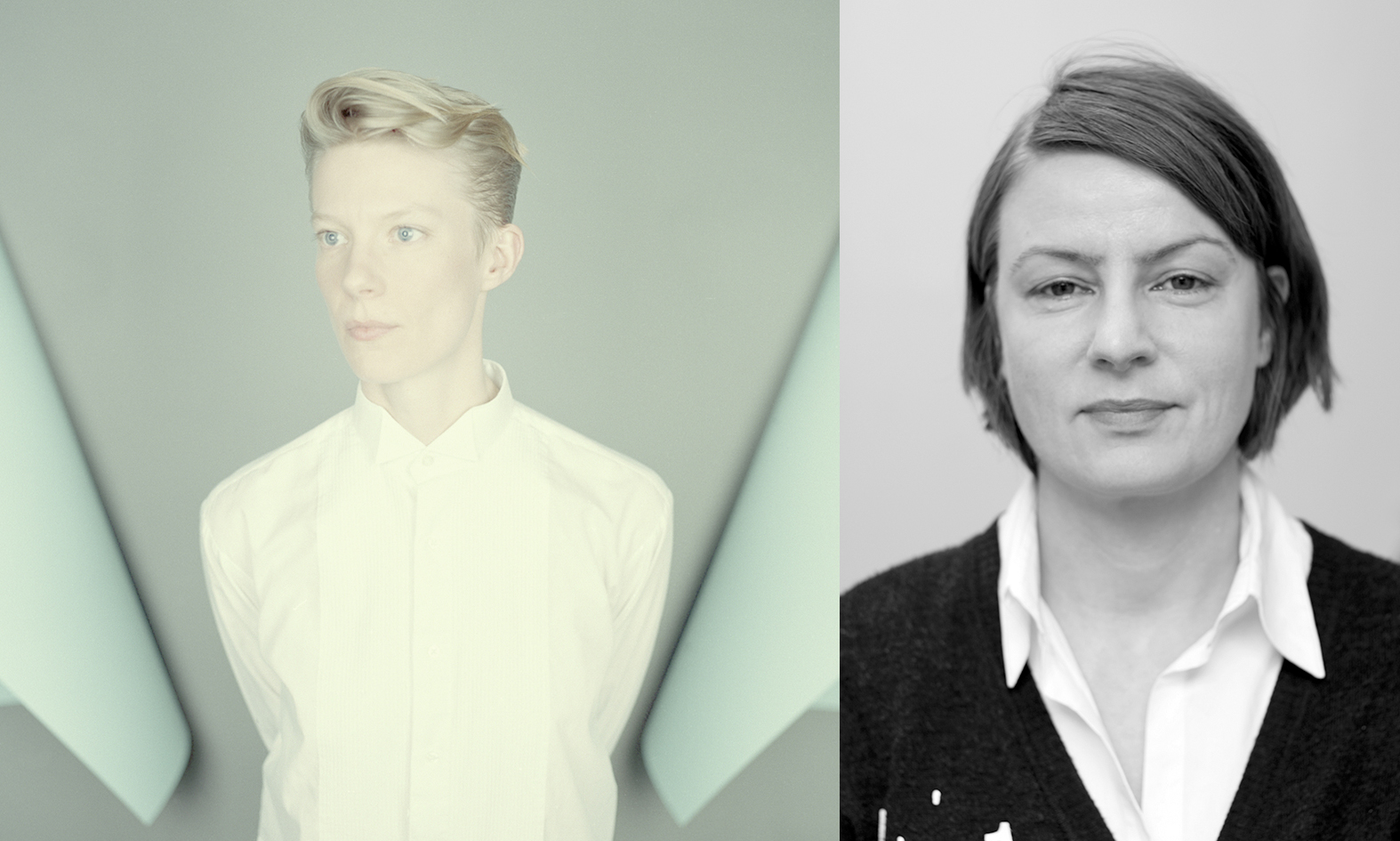
Maja Borg & Christine Ödlund
Christine Ödlund is an artist who, for many years, has been creating a fantastical world outside of the general public’s eye, which investigates the limits of our senses. Filmform wants to honour an important and mature artistry, which, during the past few years has focused on how sound is materialized in colour, form, and movement. Video and animation are central to her work – films based on drawings and collage. Ödlund is an electroacoustic composer and the sound image is as important at the visual aspect of her work.
Maja Borg’s moving images reside in a border zone between different genres; documentary, fiction, and experimental film. She moves with ease in the cinematographic landscape and her works show great originality. She masters the syntax of film very well, combines animated features with documentary material and her films exude poetic power and integrity.
The Board of Filmform Foundation: Åsa Lipka Falck, Richard Julin, Bo Madestrand, Magdalena Malm, Henrik Orrje, Gunnel Pettersson, Anne-Marie Söhrman Fermelin and chairman Claes Söderquist.
2006 – Mats Hjelm
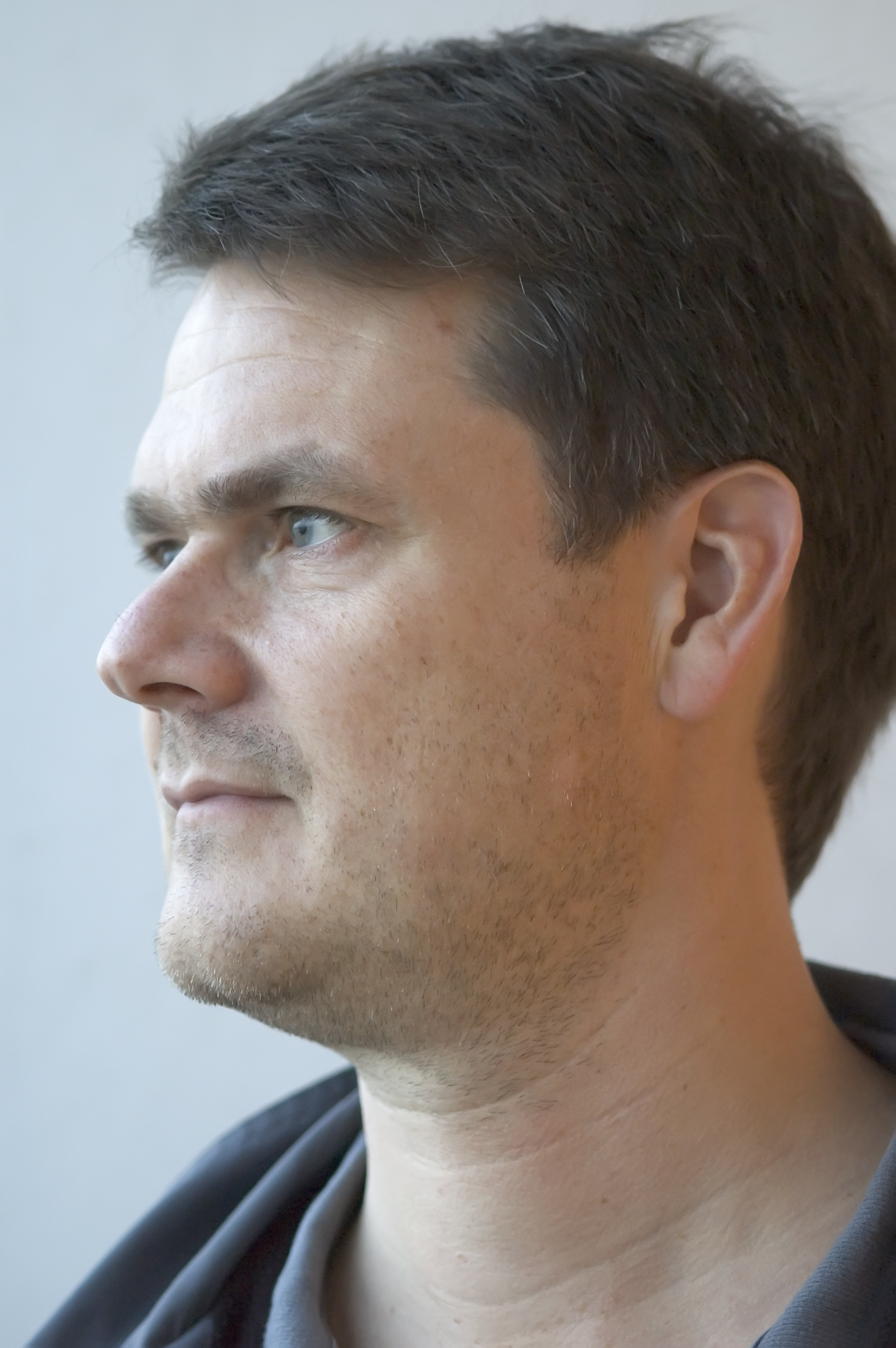
Mats Hjelm
Mats Hjelm has received The Filmform Award for his elaborate documentary video works, which deals with important issues with great thoughtfulness. Hjelm, who began working with pictorial art in the 1990s, primarily focuses on video in his current practice. Crucial to Hjelm’s production is the trilogy White Flight (1997), Man to Man (2000) and Kap Atlantis (2002). In the trilogy Hjelm uses his own filmed material as well as his father’s, the documentary filmmaker Lars Hjelm, who filmed the racial riots in Detroit 1968. Decisive political events in history and condensed lyrical pictures combined with biographical images testify of power structures and simultaneously function as a confrontation and reconciliation with an often-absent father. In a non-chronological, cyclical collage form, the different dimensions create a complex and unified structure. A few examples are: Deliverance (2005), exhibited at The Museum of National Antiquities and Father’s day at the Shrine of the Black Madonna (2006), recently exhibited at The Museum of Modern Art, and included in Filmform’s distribution project Hit the North.
The Board of Filmform Foundation: Åsa Lipka Falck, Richard Julin, Bo Madestrand, Magdalena Malm, Henrik Orrje, Gunnel Pettersson, Anne-Marie Söhrman Fermelin and chairman Claes Söderquist.
2004 – Cecilia Lundqvist
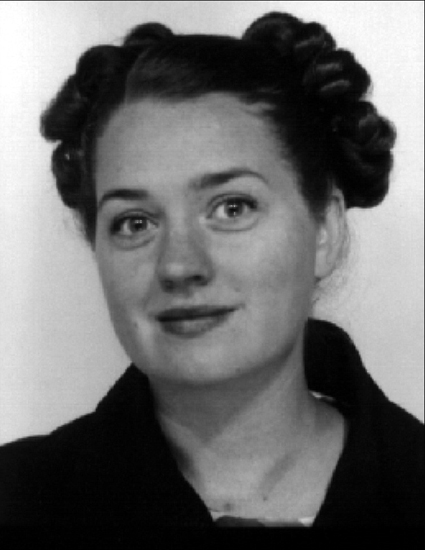
Cecilia Lundqvist
Cecilia Lundqvist receives The Filmform Award (2004) because of the focused way she has developed her artistry. Cecilia started out with painting, but now works foremost with video and animation. She manages to treat difficult subjects, often from a personal, feminist perspective and with a sharp sense of humour. Her artistic expression stretches from the play with simplified, raw lines, as seen in Disco from 1997, to a sophisticated use of animation, exemplified by Emblem from 2001. Cecilia’s video works are shown frequently worldwide and has received recognition in the art and film world alike.
The Board of Filmform Foundation: Åsa Lipka Falck, Richard Julin, Bo Madestrand, Magdalena Malm, Henrik Orrje, Gunnel Pettersson, Anne-Marie Söhrman Fermelin and chairman Claes Söderquist.
2003 – Kjartan Slettemark
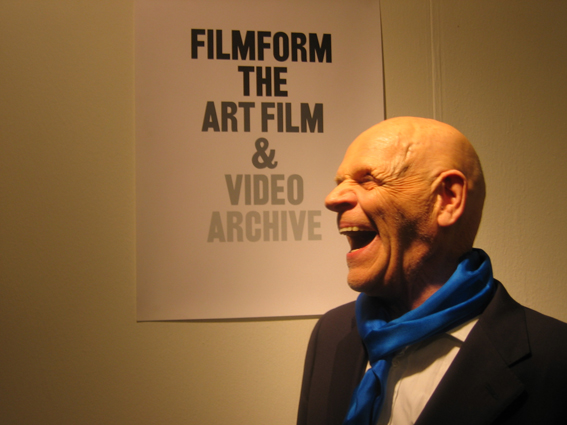
Kjartan Slettemark
Kjartan Slettemark receives The Filmform Award for his idiosyncratic, playful, and pioneering work with film and video through artistic acts and provocations for more than three decades. Today his artistic practice in film and video has a self-evident place in art history and a very strong position in contemporary art’s flow of ideas and expressions.
From the press release:
Kjartan Slettermark is one of few artists in Sweden who has consistently used film and video as an artistic expression. Kjartan Slettemark and Hans Esselius’ experimental film Nixon Visions (1971) is a central work in Swedish art history today. As early as 1967 and 1968 he made the films Symfoni Realista 1-3, based on politically charged performances. During the 60´s and 70´s he made many films, often filmed as from an aesthetic of the moment, always present with his camera at performances and happenings. One example of such a work is Polisväxten (The Police Plant, 1969). Kjartan Slettemak moved on to video in the 80´s and is considered a pioneer in this area. He is one of the founders of the video workshop Video Nu (Video Now) on Skeppsholmen in Stockholm, which was to become a breeding-ground for an entire generation of Swedish artists exploring video as an artistic expression in the 1980s. Today Kjartan Slettemark uses the most advanced form of video at performances such as Digitalisman Performance (2001) for instance.
The Board of Filmform Foundation: Claes Söderquist, Richard Julin, Åsa Lipka Falck, Bo Madestrand, Henrik Orrje, Rita Stetter, Gunnel Pettersson, Magdalena Malm.
2002 – Petra Lindholm
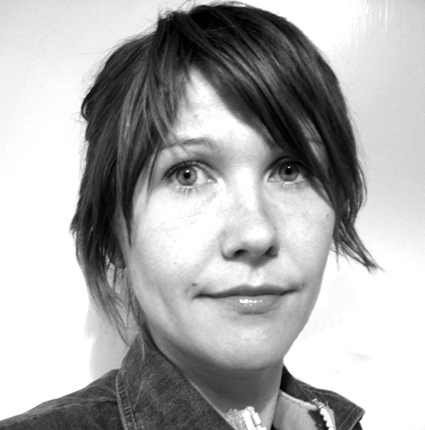
Petra Lindholm
Filmform wishes to offer the prize to a young artist, who already during her education showed that she had a strong language of her own and a wilful expression.
The Board of Filmform Foundation: Richard Julin, Åsa Lipka Falck, Bo Madestrand, Monica Nieckels, Henrik Orrje, Rita Stetter, Claes Söderquist.
2001 – Ann-Sofi Sidén
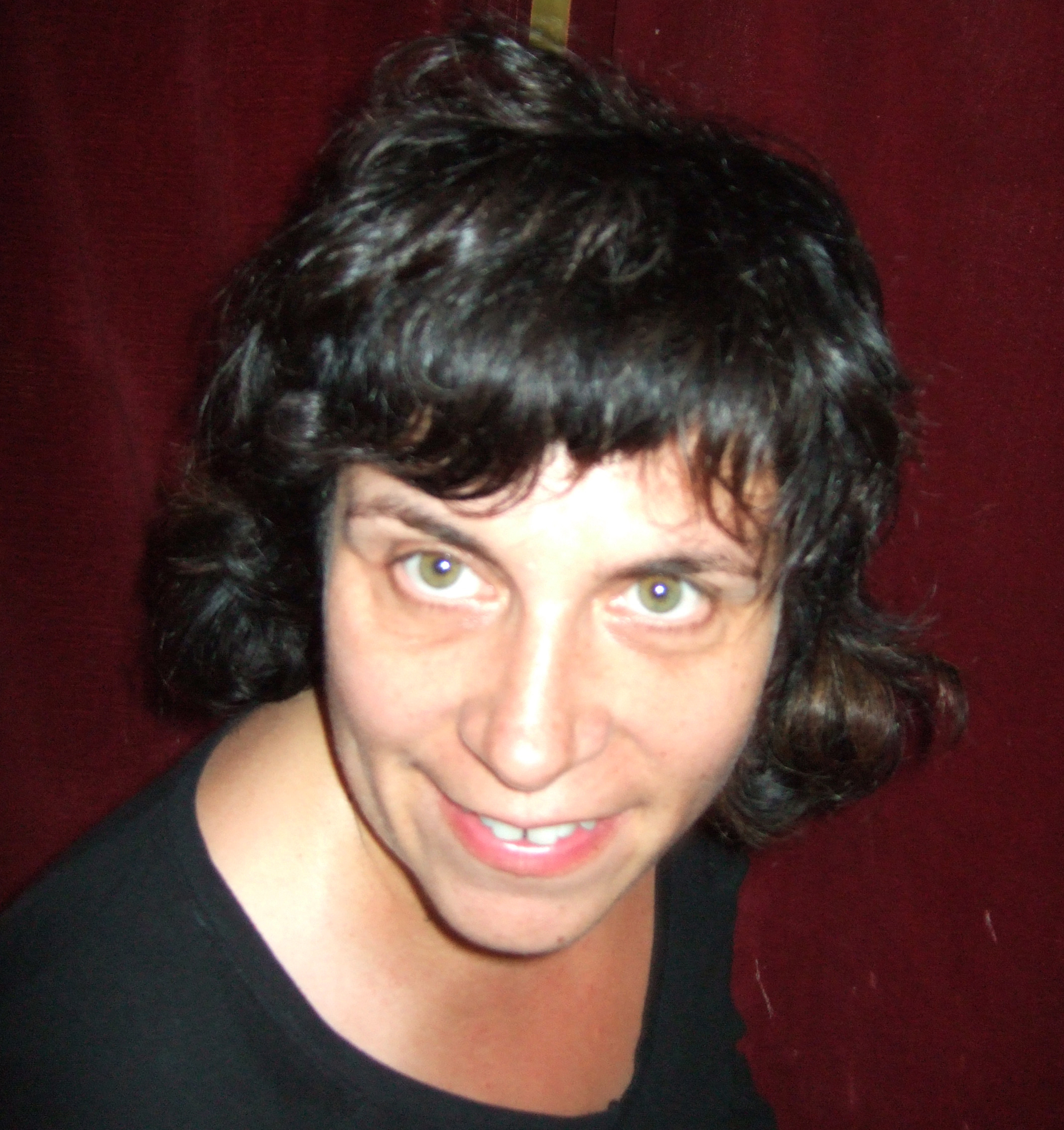
Ann-Sofi Sidén
Ann-Sofi Sidén receives the prize for her sharp, singular take on contemporary society as it is reflected in her video works. Because she is ahead of her time and through her detached eye creates closeness and burning intimacy in the moving image.
The Board of Filmform Foundation: Richard Julin, Åsa Lipka Falck, Bo Madestrand, Monica Nieckels, Henrik Orrje, Rita Stetter, Claes Söderquist.
1996 – Olle Hedman & Gunvor Nelson
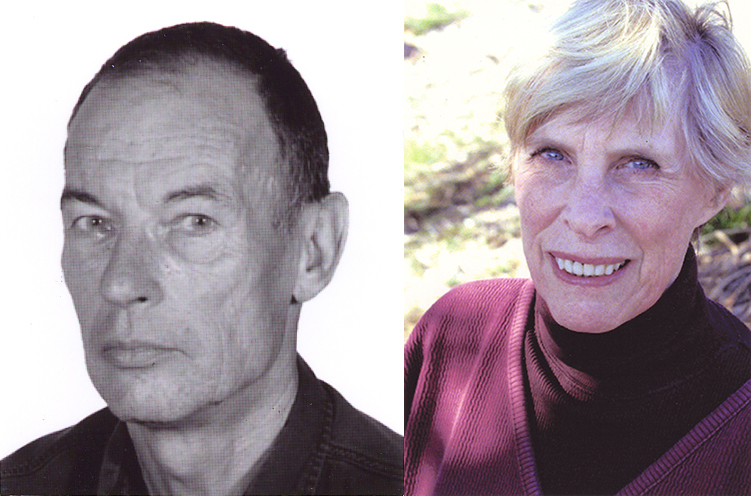
Olle Hedman & Gunvor Nelson
By choosing Olle Hedman and Gunvor Nelson as this year’s winners of The Filmform Award, Filmform Foundation wants to direct attention towards two artists who have worked with experimental art film since the 60´s. Their works have been shown on many festivals and museums during the years, in Sweden and abroad. The moving image is more frequently used in art today and their work has gained an historical significance as they have become precursors in the field of video and computer art.
One of Olle Hedman’s first films was A Semiotic Study (1973-74). Since then, he has worked with abstraction in images and sound compositions, where rhythmical and visual displacements strongly affect the viewer’s senses. His works are characterized by sense of images and graphic precision. Gunvor Nelson has previously lived in San Francisco where she worked as a filmmaker and taught film. Since the mid-1960s, she has been incorporating influences from painting, collage, and poetry in her work – as evident in films such as Take Off (1972), Red Shift (1983) and Light Years Expanding (1988). Apart from making film, she also paints and makes prints.
The Jury of Filmform Foundation: Antonie Frank, Hanserik Hjertén, Råland Häggbom, Lennart Johansson, Arne Lindgren, Monica Nieckels, Henrik Orrje, Claes Söderquist.
1995 – Antonie Frank
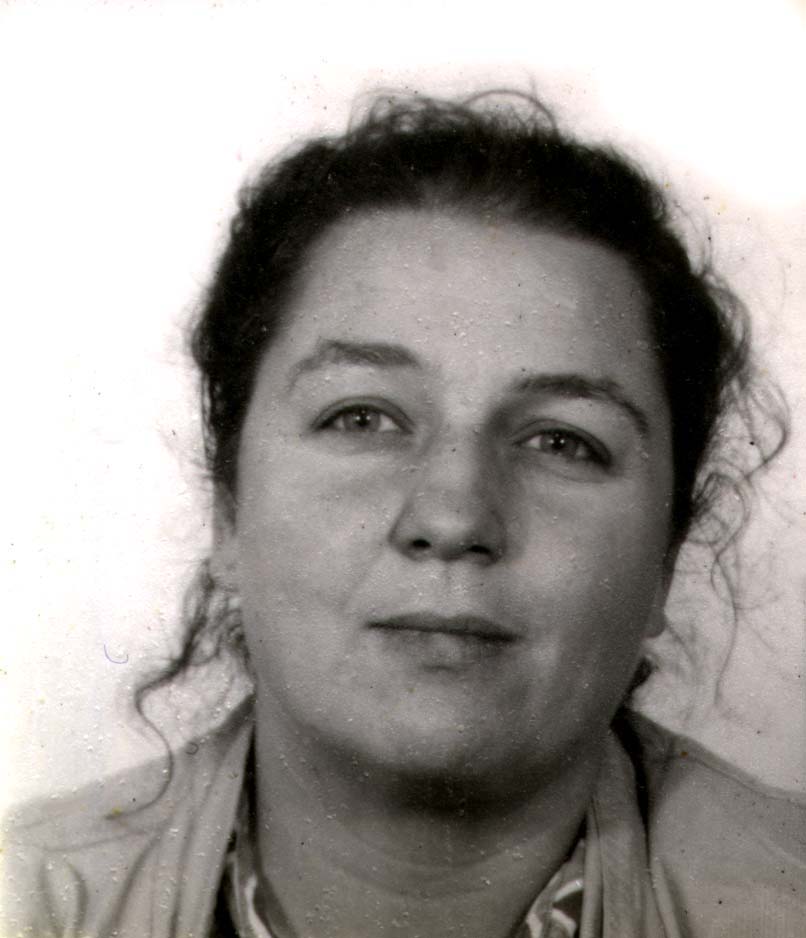
Antonie Frank
Antonie Frank has worked with the video media as an artist for a long time. She has participated in many exhibitions, performances, and public appearances in Sweden and abroad since the beginning of the 80´s. Antonie freely uses the video media’s artistic possibilities in her work, inspired by painting and dance for instance. She has a natural eye and sense for the form of the electronic image and its sensual dynamics. Her latest work “She is” from 1995 is an astounding example of this unusual and personal tone.
The jury of Filmform Foundation: Hanserik Hjertén, Lennart Johansson, Arne Lindgren, Henrik Orrje, Claes Söderquist.

